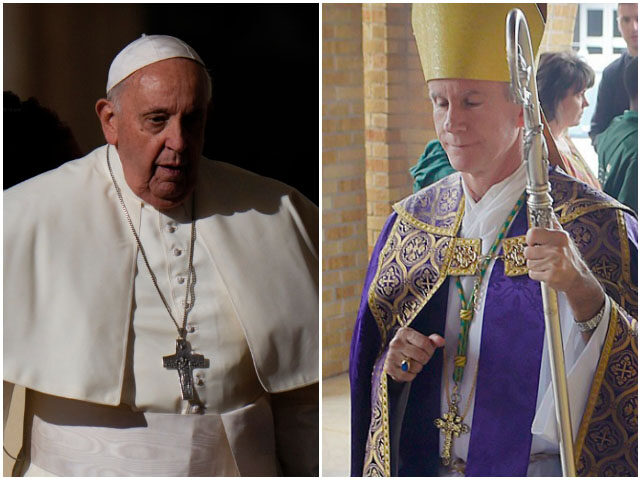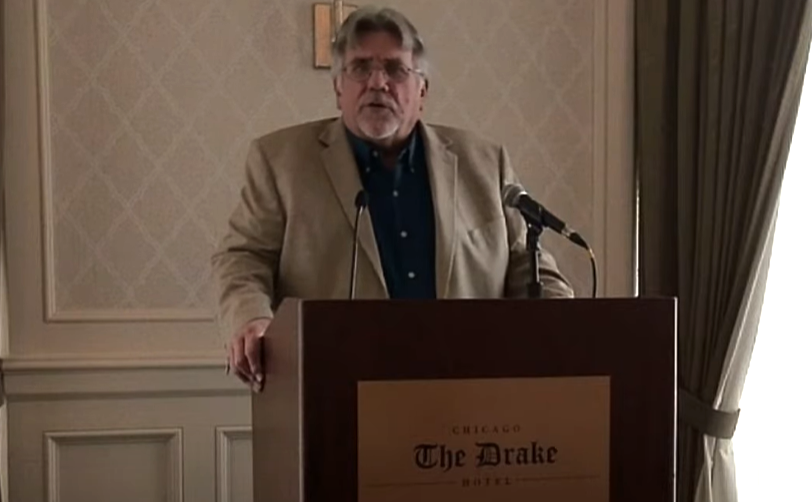When I First Realized America is Exceptional

Founder’s Quote
October 17, 2018
Youth Synod Group Calls Church to Attend to ‘Realities’ of Gay ‘Marriage’, Surrogacy, Adoption
October 17, 2018
By Dennis Prager, The Stream, October 16, 2018
 I moved to California from New York City in 1976. The founder of what was then America’s largest Jewish retreat center, the Brandeis Institute (not affiliated with the university), Dr. Shlomo Bardin, asked me to work as his assistant. He was 75 years-old; I was 25. One weekend the next year, he announced to the membership he wanted me to succeed him. To everyone’s shock, he died that very week. It was then renamed the Brandeis-Bardin Institute.
I moved to California from New York City in 1976. The founder of what was then America’s largest Jewish retreat center, the Brandeis Institute (not affiliated with the university), Dr. Shlomo Bardin, asked me to work as his assistant. He was 75 years-old; I was 25. One weekend the next year, he announced to the membership he wanted me to succeed him. To everyone’s shock, he died that very week. It was then renamed the Brandeis-Bardin Institute.
The Simi Valley Rotary Club
The institute was located in Simi Valley, California, then more a small town than even a small city. It had all of two restaurants. I lived there for three years and joined the Simi Valley Rotary Club.
To the best of my memory, I was the only Jew in that Rotary chapter. What struck me was that my being a Jew meant essentially nothing to the other members. No one cared. Not even a little.
If you are an American, my reaction makes little sense. You are wondering why it struck me that my being a Jew meant nothing to the entire membership.
The reason was I knew Jewish history. Prior to moving to California, I taught Jewish history at Brooklyn College. Nowhere in the Jews’ 3,000 years as a people living in non-Jewish societies did being a Jew ever mean nothing to the non-Jews among whom they lived.
Even in 1976.
Denis le Juif
The Jews of France were known as Jews, as were the Jews of England, Brazil and everywhere else. If I were in a Rotary Club in a small French city, especially if I were the only Jew in the club, the other members would know me as “Denis le Juif,” Dennis the Jew. That did not mean the other members were anti-Semites, only that in Europe, as everywhere else, if you weren’t a member of the majority group, you were known as a person with that other identity.
If you were to mention to any of the members of the Simi Valley Rotary Club in 1976 that this guy Prager was a Jew, their reaction would likely have been “So what?”
And it wasn’t as if my identity was hidden. On the contrary, the reason I was admitted to the club was that I was the head of something — a Jewish educational center. And for the record, that would have been the Rotarians’ reaction if I were an Arab, a Latino or a black.
Only in America.
Being American
To this day, a German whose grandparents immigrated to Germany from Turkey is likely to be regarded as a Turk, even if he speaks no Turkish and speaks German exactly as other Germans do. And this monumental difference goes in both directions. This third-generation Turk in Germany is not likely to regard himself as a German.
But a Turk who immigrates to America is regarded as American the moment he becomes an American citizen (if not sooner) — even if he has a Turkish name and speaks halting, accented English. If he wants to identify as American, he’s an American.
Only in America.
Only in America have people of every background come to be regarded as fully members of the majority group. The parents of the present U.S. ambassador to the United Nations, Nikki Haley, are Sikhs who immigrated to America from India. Few Americans know this, and those who know don’t care. As far as most of us are concerned, Nikki Haley might as well be a member of the Daughters of the American Revolution.
Help us champion truth, freedom, limited government and human dignity. Support The Stream »
Of course, Americans did not always live up to American ideals — their attitudes toward black Americans being the most obvious example. But America evolved into the least racist and least xenophobic society in human history — the society that most successfully assimilates others as full members.
Today, however, there are two threats to this exceptional American achievement.
Two Threats
One threat comes from the left, which does not want minorities or immigrants to assimilate but to retain their minority or immigrant identity as their primary identity. If a black American says, “I am an American who happens to be black,” he is vilified by the black and white left as a “traitor to his race” and an “Uncle Tom.” The left regards efforts to assimilate all Americans into one American identity — such as declaring (not even legislating) English as the official language of the United States — as a form of “white supremacy.”
The other threat comes from those immigrants who do not come to America to become American but to use America for its financial, medical and educational benefits while remaining attached to their own culture.
When politicians and commentators on the left analyze the 2016 presidential election, they invariably ascribe the Trump vote to lower-class angry whites. But this upper-middle-class Jew voted for President Trump (and would have voted for any Republican) not out of anger but out of love — for the exceptional country he fell in love with at the Simi Valley Rotary in 1976.
____________________________
Stream contributor Dennis Prager, one of America’s most respected radio talk show hosts, has been broadcasting in Los Angeles since 1982. His popular show became nationally syndicated in 1999 and airs live, Monday through Friday, 9am to 12pm (Pacific Time), 12pm to 3pm (Eastern) from his home station, KRLA.
In 1994-95, Dennis Prager also had his own daily national television show. He has frequently appeared on C-SPAN as well as on shows such as Larry King Live, The Early Show on CBS, The Today Show, The O’Reilly Factor, Hardball, Hannity & Colmes and The Dennis Miller Show.
Dennis Prager has written four books, the best-selling Happiness Is A Serious Problem, Think a Second Time, described by Bill Bennett as “one of those rare books that can change an intelligent mind;” Why the Jews? The Reason for Anti-Semitism, and The Nine Questions People Ask about Judaism, still the most used introduction to Judaism in the world. The latter two books were co-authored with Joseph Telushkin.
New York’s Jewish Week described Dennis Prager as “one of the three most interesting minds in American Jewish Life.” Since 1992, he has been teaching the Bible verse-by-verse at the University of Judaism.
Dennis Prager has engaged in interfaith dialogue with Catholics at the Vatican, Muslims in the Persian Gulf, Hindus in India, and Protestants at Christian seminaries throughout America. For ten years, he conducted a weekly interfaith dialogue on radio, with representatives of virtually every religion in the world.
From 1985 to 1995, Dennis Prager wrote and published the quarterly journal, Ultimate Issue. From 1995 to 2000, he wrote The Prager Perspective. His writings have also appeared in major national and international publications such as Commentary, The Weekly Standard, The Wall Street Journal and The Los Angeles Times.
Dennis Prager has made and starred in For Goodness Sake (1991), a video directed by David Zucker (Airplane), shown on public television and purchased by hundreds of major companies, and For Goodness Sake II (1999) directed by Trey Parker (South Park). In 2002, Dennis Prager produced a documentary, Israel in a Time of Terror (2002), a compelling look at how the average Israeli deals with the daily threat of terror. It has been shown at colleges, universities, churches and synagogues across the country.
Dennis Prager periodically conducts orchestras, and has introduced hundreds of thousands of people to classical music.




